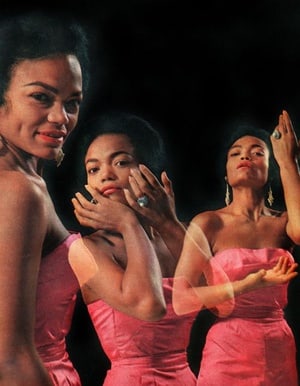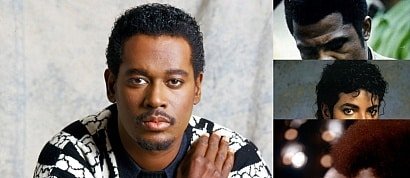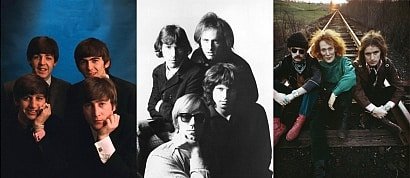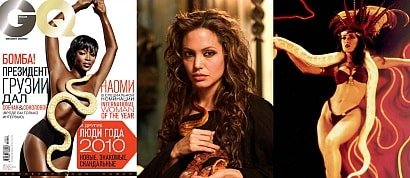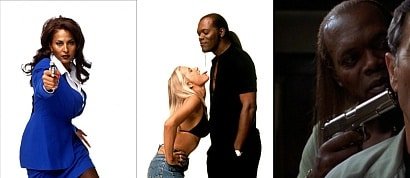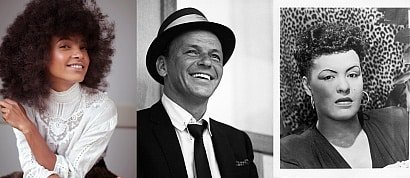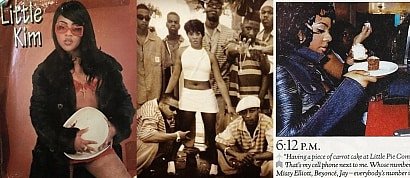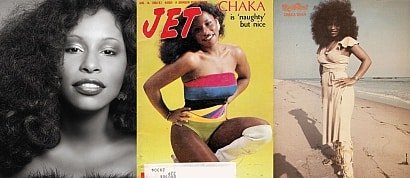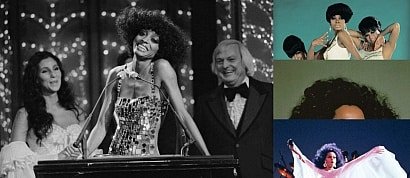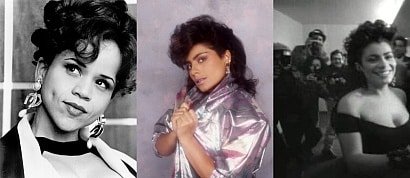The Legendary Eartha Kitt
Eartha Kitt was an amazing woman that was years ahead of her time. she was an internationally renowned actor, singer, and civil rights advocate, as well as a political provocateur. Because of her unorthodox ideas and beliefs, her career as a singer faltered throughout the 60’s and 70’s, but I think that people will thank her for staying true to herself in times of adversity.
Eartha Kitt unapologetically advocated for many things that even I myself don’t fully agree with. Same-sex marriage, women living on their own, and racial justice are some of the things that she kept advocating for in the 70’s and 80’s. Certainly a polarizing figure, I like how Eartha Kitt never compromised for the sake of being liked. She never conformed against her own beliefs and because of that, she’s seen as being ahead of her time today. To me, she is a symbol of triumph and resilience, a cultural icon representing feminism, sex positivity, and the fight for civil rights.
When she was 21, she landed an audition at the pioneering African-American dance company of Katherine Dunham and got in, catalyzing her career in entertainment.
Over the next few years, she would dance her way with the company through New York’s stages, then London’s, then Paris’s, until encountering one Orson Welles, who was so entranced by her performance that he courted her and then cast her as Helen of Troy in Dr. Faustus.
Within three years, Kitt had produced her first album, which had “Santa Baby” on the track list, trademarking her raw, sexual energy and signature purr she let out in her vibrato. She quickly became, in the words of the New York Times, “known for her sultry voice, her persona as a golddigger who renders men into helpless little boys with her sexual power.” And Kitt seemed to love this persona—she seemed to love being bad, being the object of affection, using men, and talking about it into a microphone later, which is why “Santa Baby” suits her so well: a song in which she coyly asks a childhood myth for diamond rings, yachts, and deeds to platinum mines. The Santa in the song, I would intuit, is perhaps not really actually Santa.
But back in the 50s and 60s, sex positivity was barely a thing (and especially not for a black woman). Eartha Kitt became a sex symbol in a postwar America where Marilyn Monroe’s rising popularity was seen widely as an “immoral” and “vulgar” threat to American purity, and where Hugh Hefner was suing the United States Post Office because they would not distribute Playboy. Mainstreaming the sexual revolution was slow-going, and Eartha’s rise came at a time where African-Americans were still struggling for basic human rights—a time at which it was still illegal for an African American to have sex with a white person in 28 out of 50 American states.
Eartha Kitt unapologetically advocated for many things that even I myself don’t fully agree with. Same-sex marriage, women living on their own, and racial justice are some of the things that she kept advocating for in the 70’s and 80’s. Certainly a polarizing figure, I like how Eartha Kitt never compromised for the sake of being liked. She never conformed against her own beliefs and because of that, she’s seen as being ahead of her time today. To me, she is a symbol of triumph and resilience, a cultural icon representing feminism, sex positivity, and the fight for civil rights.
When she was 21, she landed an audition at the pioneering African-American dance company of Katherine Dunham and got in, catalyzing her career in entertainment.
Over the next few years, she would dance her way with the company through New York’s stages, then London’s, then Paris’s, until encountering one Orson Welles, who was so entranced by her performance that he courted her and then cast her as Helen of Troy in Dr. Faustus.
Within three years, Kitt had produced her first album, which had “Santa Baby” on the track list, trademarking her raw, sexual energy and signature purr she let out in her vibrato. She quickly became, in the words of the New York Times, “known for her sultry voice, her persona as a golddigger who renders men into helpless little boys with her sexual power.” And Kitt seemed to love this persona—she seemed to love being bad, being the object of affection, using men, and talking about it into a microphone later, which is why “Santa Baby” suits her so well: a song in which she coyly asks a childhood myth for diamond rings, yachts, and deeds to platinum mines. The Santa in the song, I would intuit, is perhaps not really actually Santa.
But back in the 50s and 60s, sex positivity was barely a thing (and especially not for a black woman). Eartha Kitt became a sex symbol in a postwar America where Marilyn Monroe’s rising popularity was seen widely as an “immoral” and “vulgar” threat to American purity, and where Hugh Hefner was suing the United States Post Office because they would not distribute Playboy. Mainstreaming the sexual revolution was slow-going, and Eartha’s rise came at a time where African-Americans were still struggling for basic human rights—a time at which it was still illegal for an African American to have sex with a white person in 28 out of 50 American states.
Added to
People who voted for this also voted for
Instrument Playing Girls
Music...R.I.P...R&B...Heaven's Soul Choir
Look at Me... Try not to... Vol.15
60's
~^√\^√\^^~.SnakeS.~^√\^√\^^~
My Best Food
The Evolution of Lupita Nyong'o
Tv's Greatest Grandmas!
Roman's Beautiful Hedonists III
Photomovie : Jackie Brown
Art & Design...Soul Movie Animation
Angela Zhang
décennies - decades
Ukranian Model Jennifer Mackay
Music...Jazz vocalist...Smooth like Butter Recap
Amy Winehouse:Style Icon
Lil' Kim: Hardcore Era
Remember When they were young?:Chaka Khan
Beautiful Offsprings:Tali Lennox
The Original Diva Of Pop:Diana Ross
Lady Day
Favorite Nuyoricans
 Login
Login
